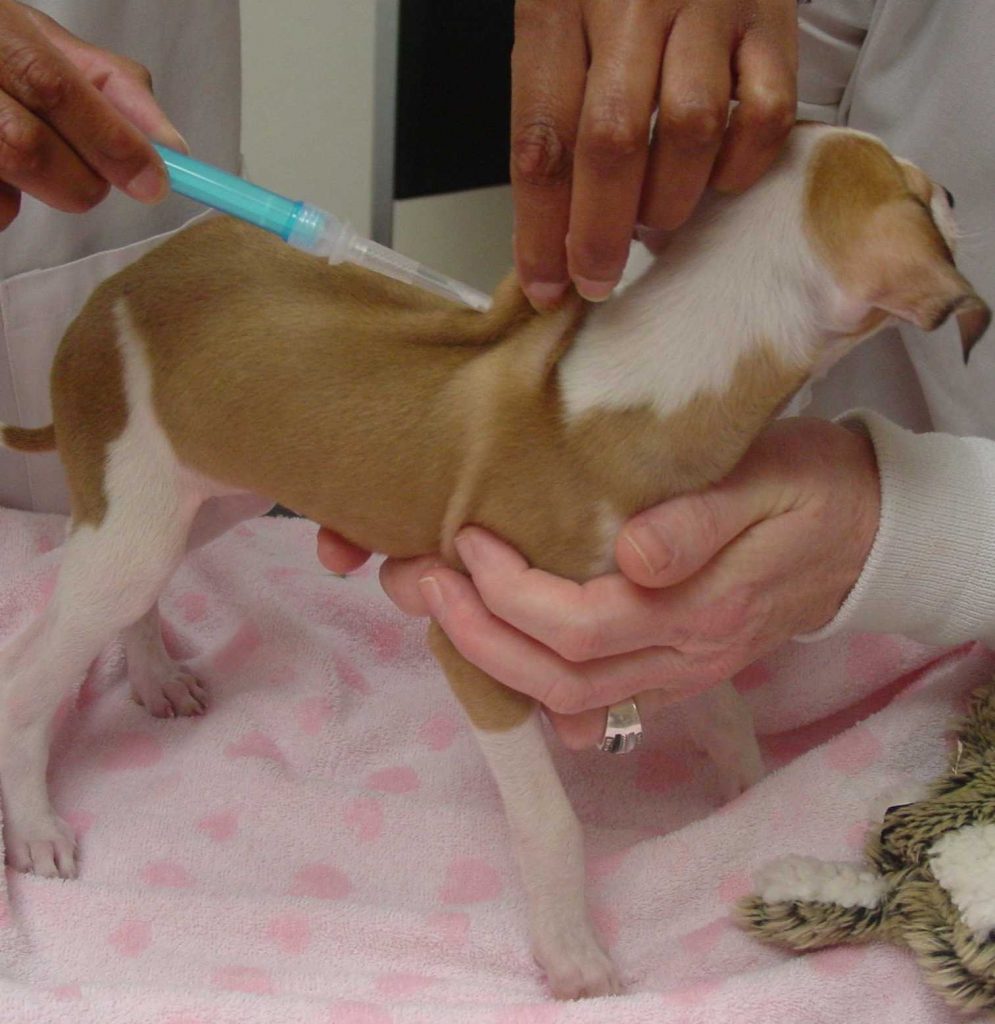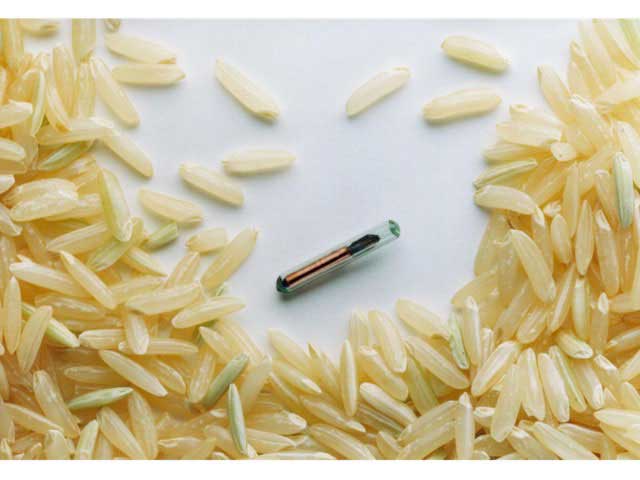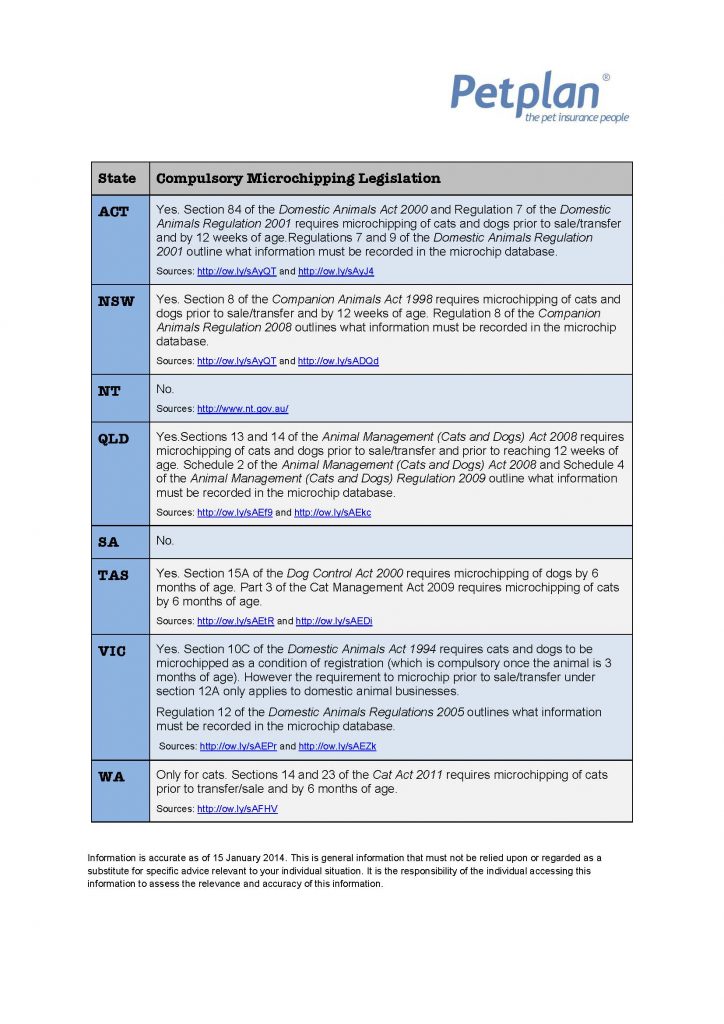What is a microchip?
A microchip is a small electronic device placed under your pet’s skin (usually at the scruff of the neck) for identification purposes.The chip is only about the size of a grain of rice, and is encased in a glass polymer so it causes absolutely no irritation.??The only information on the chip is a number. This number is recorded on a central computer registry, along with all details about the pet and the pet’s owner.??Microchips are for identification only and they are not tracking devices but has major advantages over other forms of identification because, unlike a tag or collar, it can’t be removed, can’t fade and can’t be lost.
Why does your pet need ID?
Many councils and states require, by law, that your pet be registered and have his identification tags on at all time or be implanted with a microchip.
If your dog or cat gets lost, whether it’s close to home or further a field, if he is without ID then there is no way for anyone to get in contact with you or get your pet home. If your dog or cat has been injured and a good Samaritan takes him to the veterinary hospital then the vet may not provide your pet with treatment until you can be contacted. Most lost pets without ID??end up at a shelter and if the owner can’t be contacted then the animal is re-homed or euthanised.??All animal shelters and vets have microchip scanners, so any stray or injured animal can be quickly identified, its owner contacted, and any necessary treatment can be started without delay.
Will the microchip implant hurt my pet?

The chip is only about the size of a grain of rice, and is encased in a glass polymer so it causes absolutely no irritation. The chip is designed to prevent it from moving from the site where it was implanted.
The procedure to implant the microchip is quick and easy and done with a needle. Sedation or anaesthesia is not required.
Yes or No to Microchipping?
Experts agree that microchipping is an invaluable technology when it comes to pet wellbeing and safety, and and many argue that it should be mandatory. If you would like more information on microchipping then speak with your veterinarian.
This Blog was written by the furry family at Petplan Australasia. Petplan Pet Insurance specialises in animal and animal industry insurance. Our practices keep the role that pet insurance plays in responsible pet ownership and the health of the pet at the forefront. For tips to keep your pet healthy, make sure you follow us on Facebook.






